A member of John Eastman's legal team shared with RedState the challenges facing his client and the legal profession as the criminal and professional proceedings executed against Eastman continue to grind forward.
“I've been representing John ever since, started when he got a subpoena to appear before the January 6th Committee,” Charles Burnham, a Washington-based defense lawyer, who has also contributed to Eastman’s defense before the professional ethics trial held by the California Bar Association.
Eastman, then a law professor at Chapman University, joined the effort led by President Donald J. Trump to resolve irregularities surrounding the handling of the 2020 presidential election.
The former law school dean presented himself for his booking Monday, and Judge Scott McAfee granted his release conditioned on a $100,000 bond, calculated at $10,000 for each of eight charges and $20,000 for the one RICO charge. The release was signed by Chief Senior Assistant District Attorney Grant Rood on behalf of the county’s District Attorney Fani Willis.
After the booking, Eastman made a statement to reporters.
I am here today to surrender to an indictment that should never have been brought. It represents a crossing of the Rubicon for our country, implicating the fundamental First Amendment right to petition the government for redress of grievances. As troubling, it targets attorneys for their zealous advocacy on behalf of their clients, something attorneys are ethically bound to provide and which was attempted here by "formally challeng[ing] the results of the election through lawful and appropriate means." – An opportunity never afforded them in the Fulton County Superior Court.
Eastman also recalled that then-Vice President Mike Pence publicly said there were problems with the 2020 election.
"Pence described ‘serious allegations of voting irregularities and numerous instances of officials setting aside state election law’ in the 2020 election,” he said
The lawyer said he and his team will fight every charge.
“The attempt to criminalize our rights to such redress with this indictment will have – and is already having – profound consequences for our system of justice,” Eastman said.
“I am confident that, when the law is faithfully applied in this proceeding, all of my co-defendants and I will be fully vindicated,” he said.
Eastman has three legal proceedings against him, Burnham said. In addition to the Fulton County charges, he is an unindicted co-conspirator in Special Counsel Jack Smith's case alleging Trump broke the law for his actions on Jan. 6, 2021, and the California Bar Association action against him.
Burnham said it was critical when federal Judge David O. Carter ruled on March 28, 2022 that the J6 Committee could access, through a subpoena, Eastman's private work product for clients and his correspondence with clients.
Burnham said Carter’s ruling was unprecedented, and although it had no effect outside of the conflict between Eastman and the J6 Committee, it nonetheless sharply restricted the privilege as it had always been understood.
“If you look back to where the efforts to launch these prosecutions and pursue chronic fraud as the special counsel ended up pursuing it, as we all know, it really all started with Judge Carter's case,” he said.
“It's not binding on anyone else,” he said. “I think it's been tremendously influential, certainly to the January 6th Committee in the media and a certain extent in the special counsel's work as well,” he said.
Post-Carter, other judges made similar rulings, he said. “They've apparently obtained some very favorable crime fraud rulings from D.C. District Court—and I'm sure it was helpful to them to be able to cite Judge Carter’s opinion as a precedent.”
For the previous 300 years, the client-attorney privilege was sacrosanct with a so-called crime-fraud exception to the privilege, such that attorneys cannot shield lawbreaking they are participating in with their clients.
Although Carter invoked the crime-fraud exception, Eastman has not been convicted of any crime, and the entity seeking the documents, the J6 Committee, was not authorized to conduct a criminal investigation. Criminal investigations are a function of the executive branch, and the Constitution forbids the legislature from conducting judicial proceedings that would amount to a bill of attainder.
“In the past, crime-fraud was this narrow rule that only applied in very rare situations,” he said.
Burnham said the obliteration of attorney-client privilege has just been the beginning of the degradation of the right of counsel and the presumption of innocence.
Now, lawyers defending clients are fair game, he said.
“It almost pails in comparison to what we've seen now with Georgia where what maybe half a dozen lawyers are literally charged,” he said.
Even defense witnesses are feeling pressure to step back, Burnham said.
“Some of the witnesses for his defense in his bar trial, which is ongoing, have announced that they don't want to participate anymore because it's become too risky.”
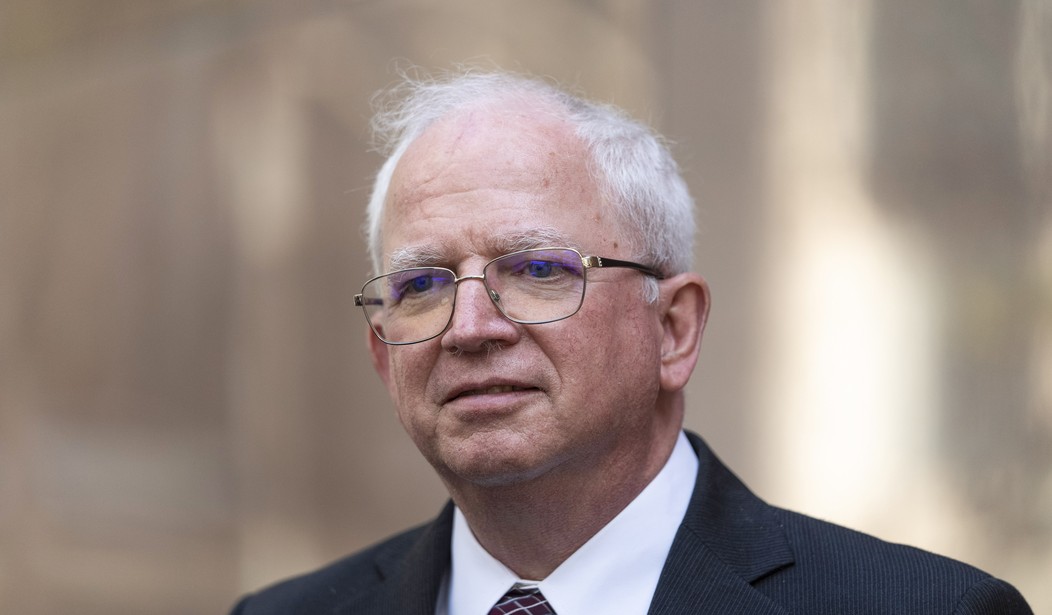
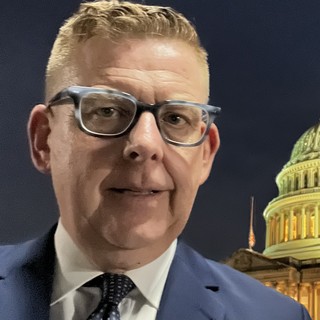





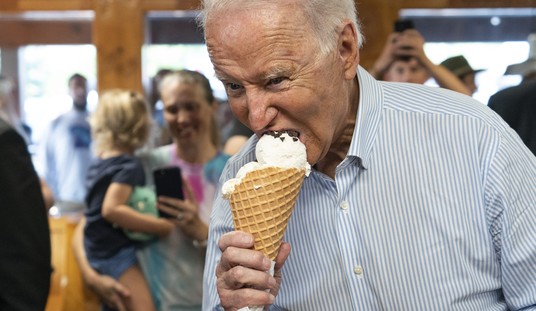
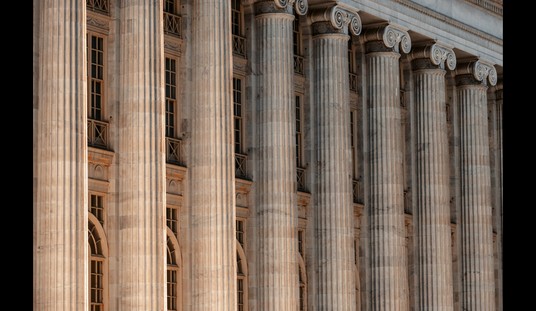



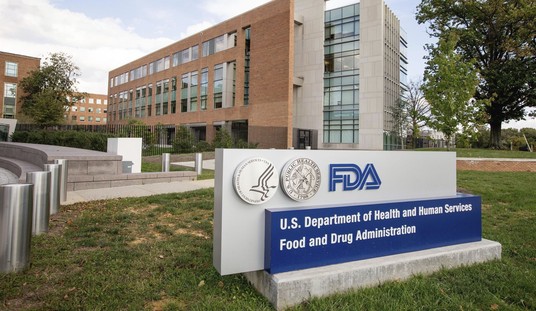
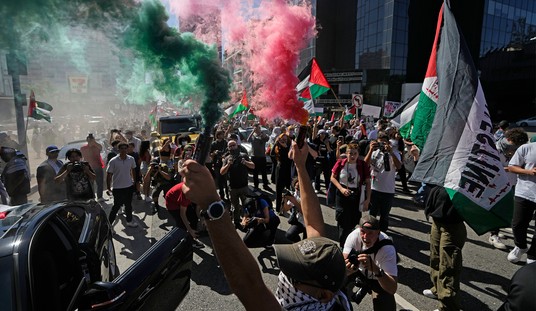
Join the conversation as a VIP Member